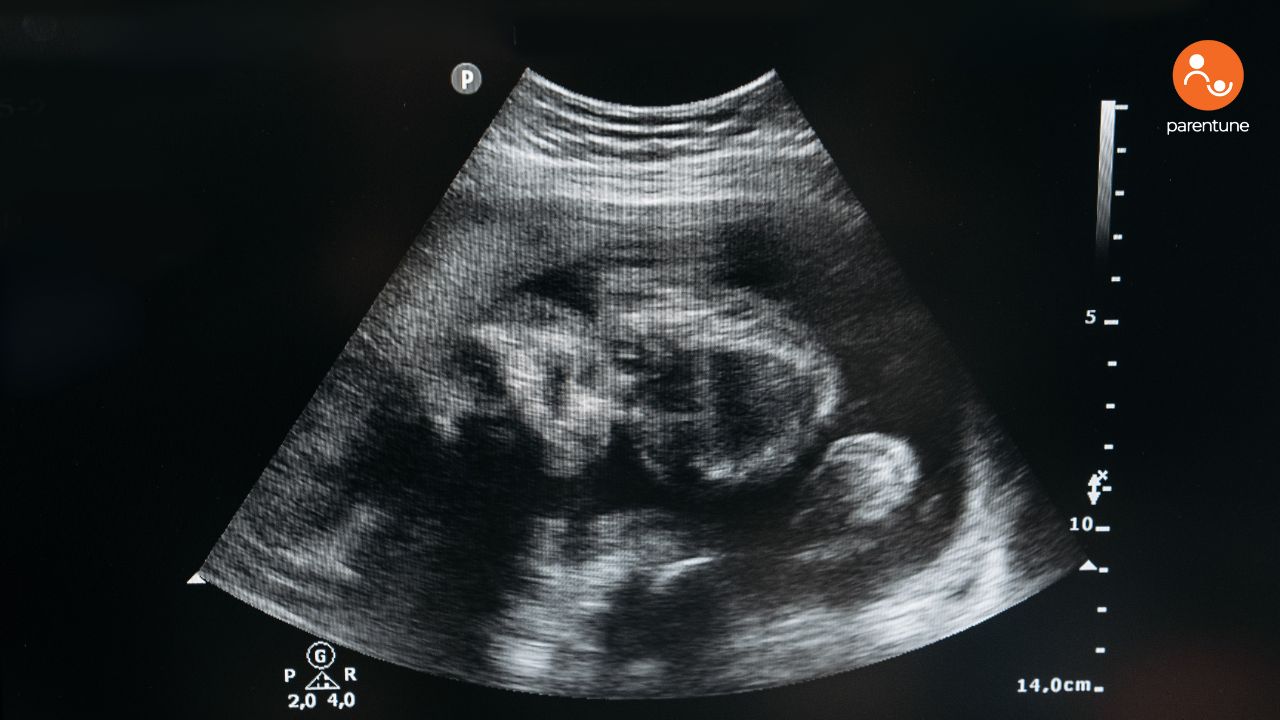medical
The Truth About Baby Hiccups In The Womb

What They Really Mean and Why They Matter
You’re lying in bed, hand on belly. And then—there it is.
A soft, rhythmic thump. Like clockwork.
Is your baby… hiccuping?
Yes. And no, it’s not weird.
But it is a window into something fascinating.
Let’s unpack it.
Doctor Q&As from Parents like you
What Are Baby Hiccups in the Womb, Really?
They’re not hiccups in the adult sense.
No trapped air. No burping baby needed.
Fetal hiccups are more like practice drills—tiny spasms of the developing diaphragm.
They start as early as the first trimester, though most women feel them around 24–28 weeks.
It’s the womb’s version of a sound check before the concert.
Systems testing in progress.
Why Do Babies Hiccup in the Womb?
We don’t have a single reason. We have three strong theories.
1. Breathing Practice
Amniotic fluid enters and leaves the baby's lungs.
This motion—mimicking inhaling and exhaling—may trigger rhythmic contractions of the diaphragm.
2. Nervous System Development
The hiccup reflex is a neurological function.
Some researchers believe it’s a sign the vagus nerve (part of the parasympathetic nervous system) is maturing. Which is good.
3. Feeding Reflex Prep
Suck-swallow-breathe is the trio every newborn needs.
Hiccups may help coordinate those reflexes, preparing your baby to feed efficiently once born.
So, yes—it’s normal.
More than that, it may be necessary.
Recommended Reads:
When Do Hiccups Happen Most Often?
You’ll likely notice them:
-
After meals (yours, not theirs—though somehow, they feel synced)
-
When you’re resting or lying still
-
In the third trimester, when space is tighter and movements feel amplified
They’re often rhythmic.
Lasting a few minutes. Coming in clusters.
Should I Ever Worry About Fetal Hiccups?
Short answer: Not usually.
But let’s zoom in.
Normal hiccups:
-
Start and stop predictably
-
Occur once or twice a day
-
Last under 15 minutes
-
Are accompanied by normal movement patterns
Call your doctor if:
-
Hiccups suddenly become very frequent and intense late in the third trimester
-
Each episode lasts longer than 15–20 minutes
-
You feel a marked decrease in other types of fetal movement
Why?
Because in rare cases, persistent hiccups may signal issues with the umbilical cord or fetal distress.
Trust your instincts.
And track movement changes with intention, not anxiety.

What Do Baby Hiccups Mean for Pregnancy Health?
Here’s the surprising truth:
Fetal hiccups are often considered a sign of wellbeing.
They usually indicate:
-
A functioning central nervous system
-
Proper lung and muscle development
-
A growing baby who’s engaging with their own body
It’s biology’s way of debugging the system before launch.
So the next time you feel those pulses, don’t worry. Smile.
Your baby’s rehearsing life.
How Can You Tell Hiccups Apart from Kicks or Flutters?
Think rhythm.
Think steady.
Think tap-tap-tap… not jab-jab-swoosh.
Hiccups feel more like a gentle inner twitch, sometimes low in the pelvis or near the ribcage.
One mom described it like “a heartbeat in my belly that wasn’t mine.”
It’s not dramatic.
But it’s unmistakable once you know the rhythm.
Can You Do Anything to Stop Them?
Not really. And you shouldn’t try.
They’re involuntary. And part of the process.
But if they’re happening while you’re trying to sleep?
Here are a few things you can do—for comfort, not control:
-
Change positions – Switch sides or stand for a few minutes
-
Go for a short walk – It shifts your baby’s position
-
Take slow deep breaths – To soothe your own nervous system
Remember: You’re not just carrying a baby. You’re hosting a whole development laboratory.
What Other Moms Are Saying
On Parentune, hundreds of moms share moments like this every day.
Some find fetal hiccups reassuring.
Others get anxious until they realize it’s normal.
One mom wrote:
“At first, I thought it was something wrong. But once I knew it was hiccups, it became my favorite part of the day. Like my baby saying hi.”
That’s the power of shared stories.
They turn worry into wisdom.
So What’s the Bigger Picture Here?
Fetal hiccups aren’t just cute.
They’re a biological rehearsal.
They teach us something profound:
Growth doesn’t always look like progress. Sometimes it’s a repetitive twitch in the dark.
But it’s growth nonetheless.
Every hiccup is part of the unseen preparation—fine-tuning the systems that will one day cry, laugh, breathe, and be in the world.
Parentune’s Take
At Parentune, we believe in trusting the signals—and decoding them with care.
Fetal hiccups are one of those early clues that your baby is doing what nature designed.
And you’re doing just fine too.
Want to learn more about what’s normal, what’s not, and what others have experienced?
Join the Parentune community—a space where expert guidance meets lived experience.
Because sometimes, the best reassurance isn’t found on Google.
It’s found in solidarity.
Final Insight
Not everything in pregnancy needs fixing.
Some things just need understanding.
Like hiccups.
Like you.
Like this moment that won’t come again.
Be the first to support
Be the first to share
Related Blogs & Vlogs
No related events found.